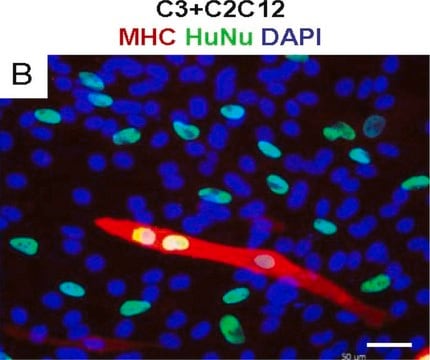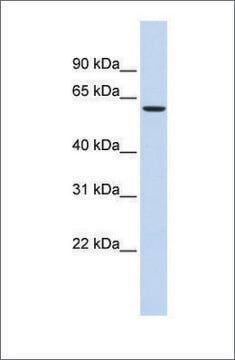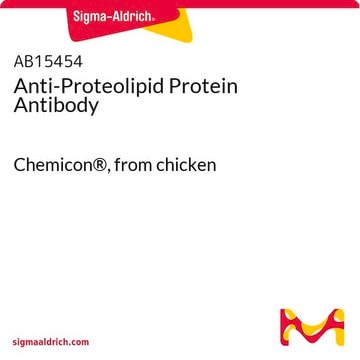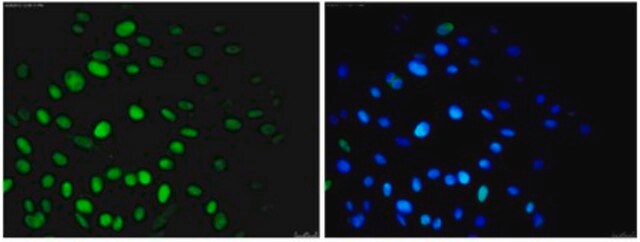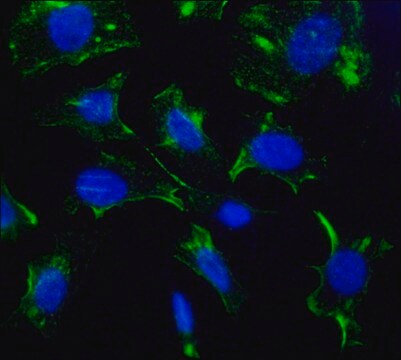MAB1281C3
Anti-Nuclei Antibody, clone 235-1, Cy3 conjugate
clone 235-1, from mouse, CY3 conjugate
Synonyma:
HuNu
About This Item
Doporučené produkty
biological source
mouse
Quality Level
conjugate
CY3 conjugate
antibody form
purified immunoglobulin
antibody product type
primary antibodies
clone
235-1, monoclonal
species reactivity
human
technique(s)
immunocytochemistry: suitable
isotype
IgG1
shipped in
wet ice
target post-translational modification
unmodified
General description
Immunogen
Application
Stem Cell Research
Stem Cell Research
Pluripotent & Early Differentiation
Developmental Neuroscience
Mesenchymal Stem Cells
Neurodegenerative Diseases
Quality
Physical form
Storage and Stability
Analysis Note
Human foreskin fibroblasts (SCC058)
Other Notes
Disclaimer
Ještě jste nenalezli správný produkt?
Vyzkoušejte náš produkt Nástroj pro výběr produktů.
Storage Class
12 - Non Combustible Liquids
wgk_germany
WGK 2
flash_point_f
Not applicable
flash_point_c
Not applicable
Osvědčení o analýze (COA)
Vyhledejte osvědčení Osvědčení o analýze (COA) zadáním čísla šarže/dávky těchto produktů. Čísla šarže a dávky lze nalézt na štítku produktu za slovy „Lot“ nebo „Batch“.
Již tento produkt vlastníte?
Dokumenty související s produkty, které jste v minulosti zakoupili, byly za účelem usnadnění shromážděny ve vaší Knihovně dokumentů.
Náš tým vědeckých pracovníků má zkušenosti ve všech oblastech výzkumu, včetně přírodních věd, materiálových věd, chemické syntézy, chromatografie, analytiky a mnoha dalších..
Obraťte se na technický servis.
